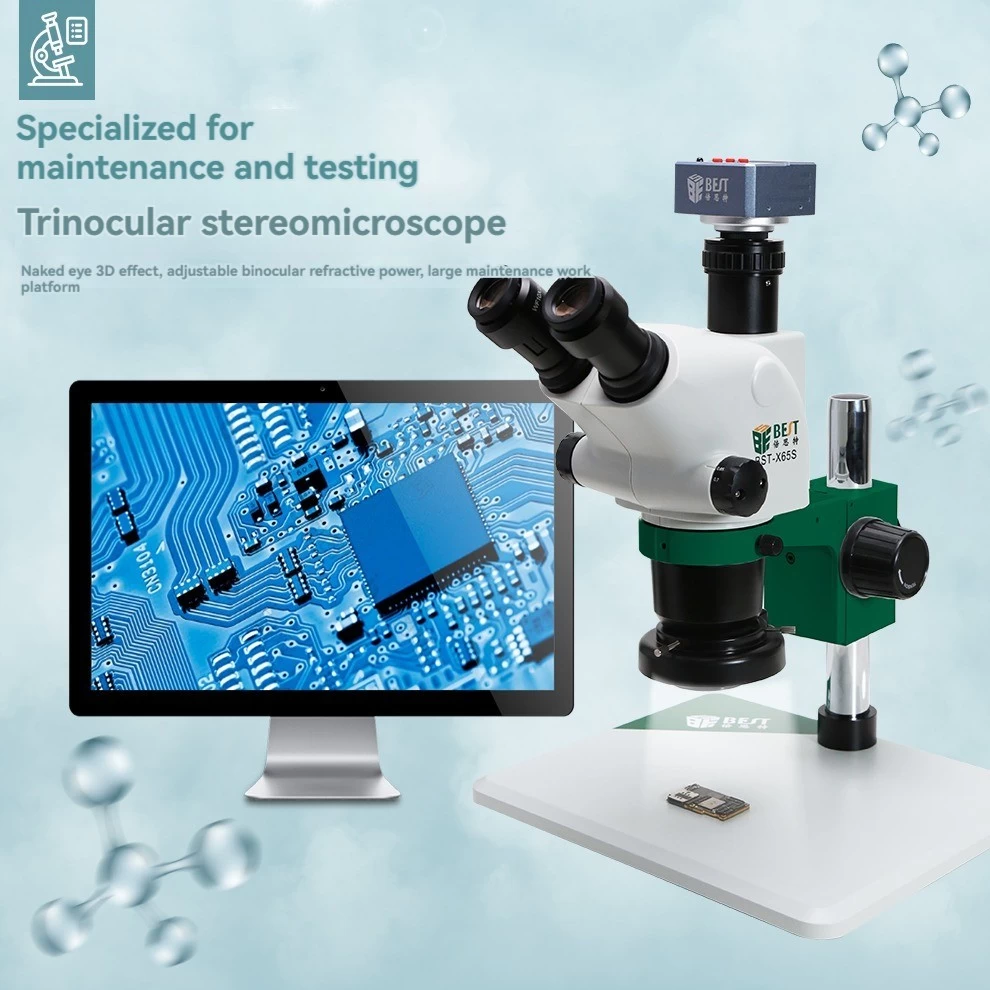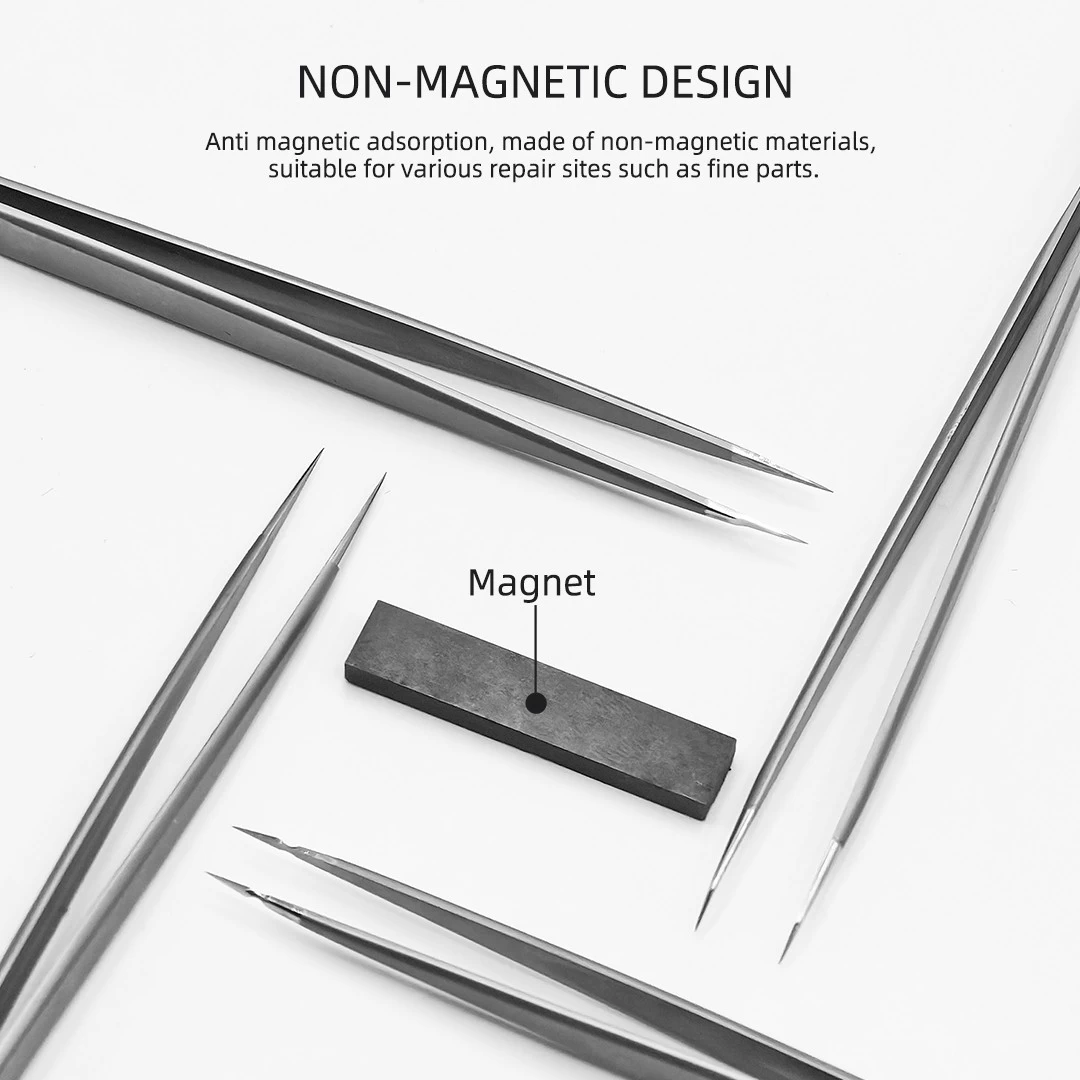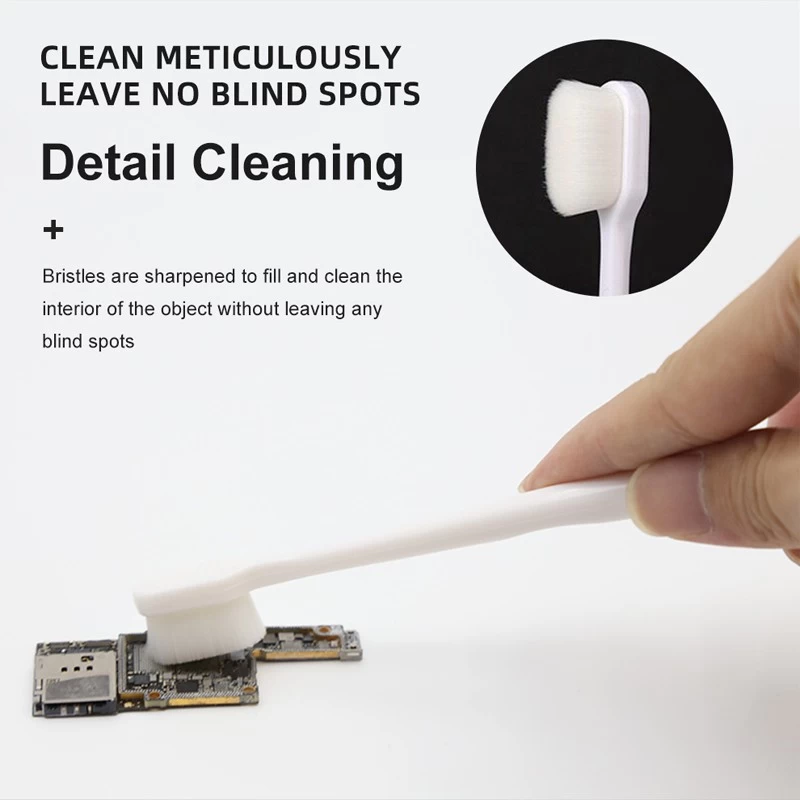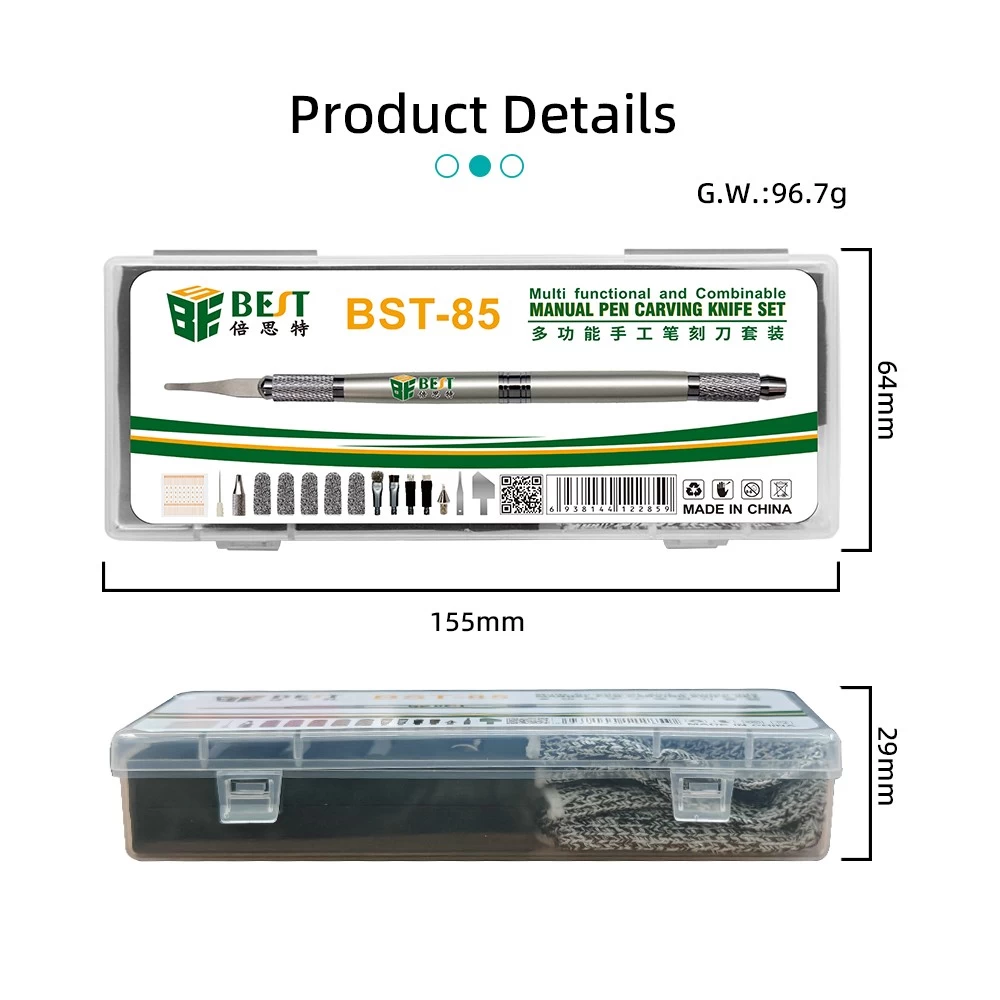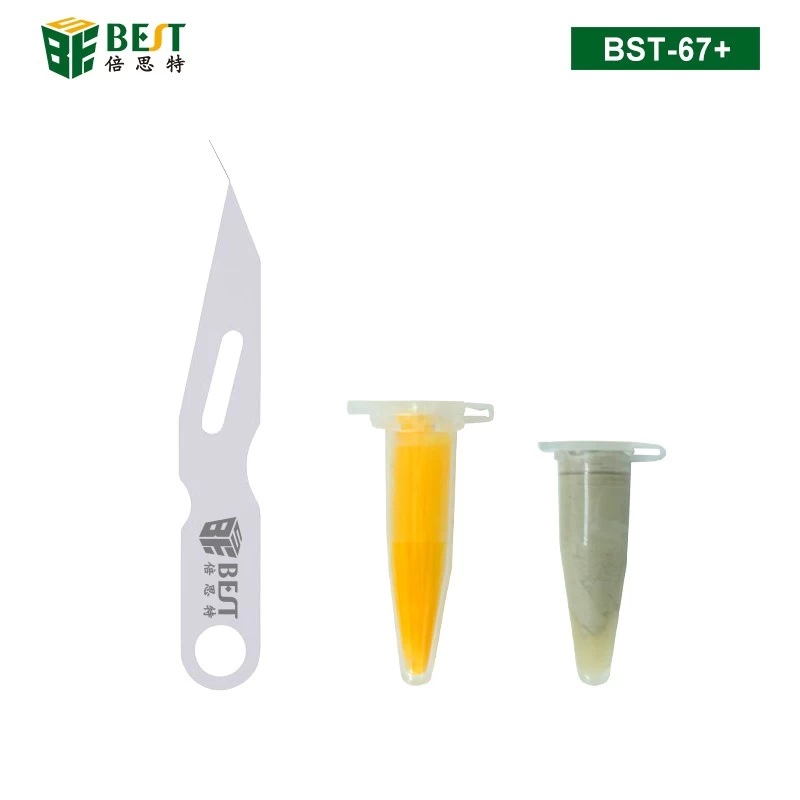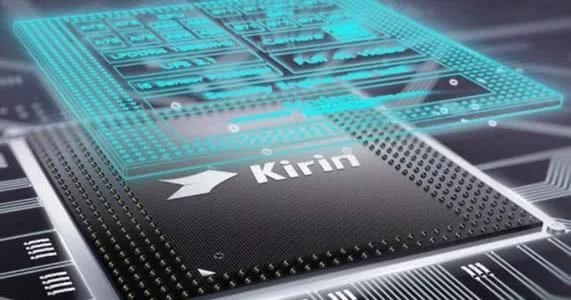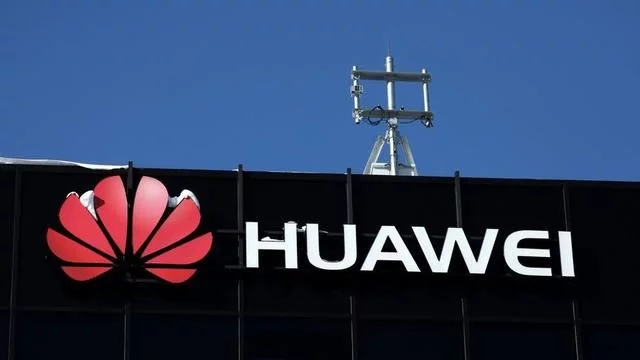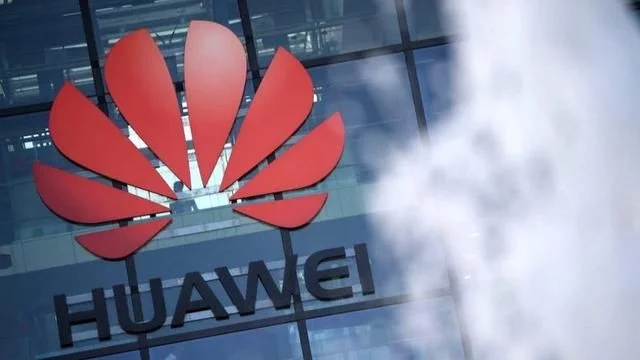
Japanese media: Huawei has reserved enough chips for two years to protect its business from US sanct
DH
2020-06-02 17:30:26
According to Japanese media reports, a source said that China’s Huawei has stockpiled key US-made chips for two years to protect its business from unreasonable sanctions imposed by the US government.
According to sources, the focus of Huawei's reserves is the CPUs produced by Intel for servers and Xilinx programmable chips. These are the "most important components" of Huawei's base station business and emerging cloud business, and its inventory is sufficient to maintain production activities for one and a half to two years. A supplier-level source familiar with Huawei revealed that Xilinx's programmable chips are currently difficult to replace, and even Huawei's chip design company HiSilicon cannot design chips that can compete with Xilinx products. . According to reports, Huawei is also working hard to buy high-end server central processing units (CPUs) from Intel and its competitor AMD. Compared with the CPUs of ordinary notebook computers, the aforementioned server processors are more complex and have stronger computing power, which is indispensable for Huawei's growing cloud business.
According to reports, having sufficient chip inventory is crucial for Huawei to launch products on time. HiSilicon launched its own server processor chip called "Kunpeng" series in early 2019 as an alternative to Intel and AMD. The company also designed custom chips to replace Xilinx in case its programmable chips are used up. But the latest US sanctions mean that Huawei cannot produce these chips, so Huawei has stockpiled chip stocks for the next one to two years to deal with the sanctions. But analysts said that despite Huawei’s reserve measures, the company’s market position and product competitiveness may still be “significantly weakened” under new export control restrictions. Currently, Xilinx, Intel and AMD all emphasize that they will abide by US laws and regulations.
Paul Triolo, head of technology research at the risk consulting firm Eurasia Group, said: "U.S. actions may be focused on Huawei's infrastructure business, enterprise and cloud services, and artificial intelligence business. Competition in these industries is fierce and requires Ability to quickly iterate design and integrate the latest and best technologies from various sources."



